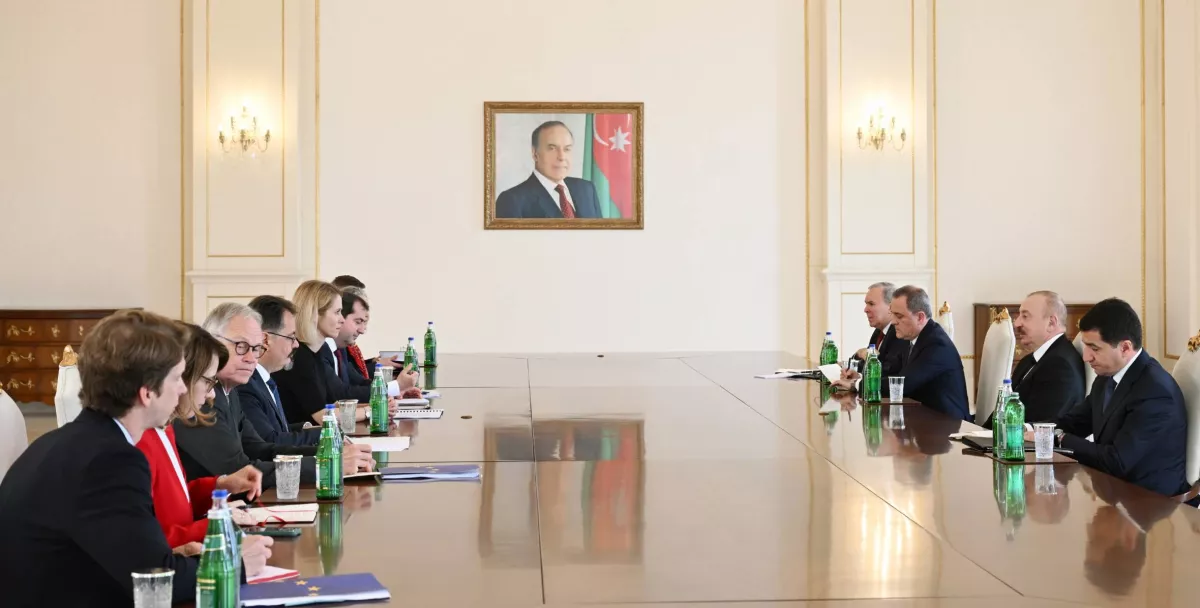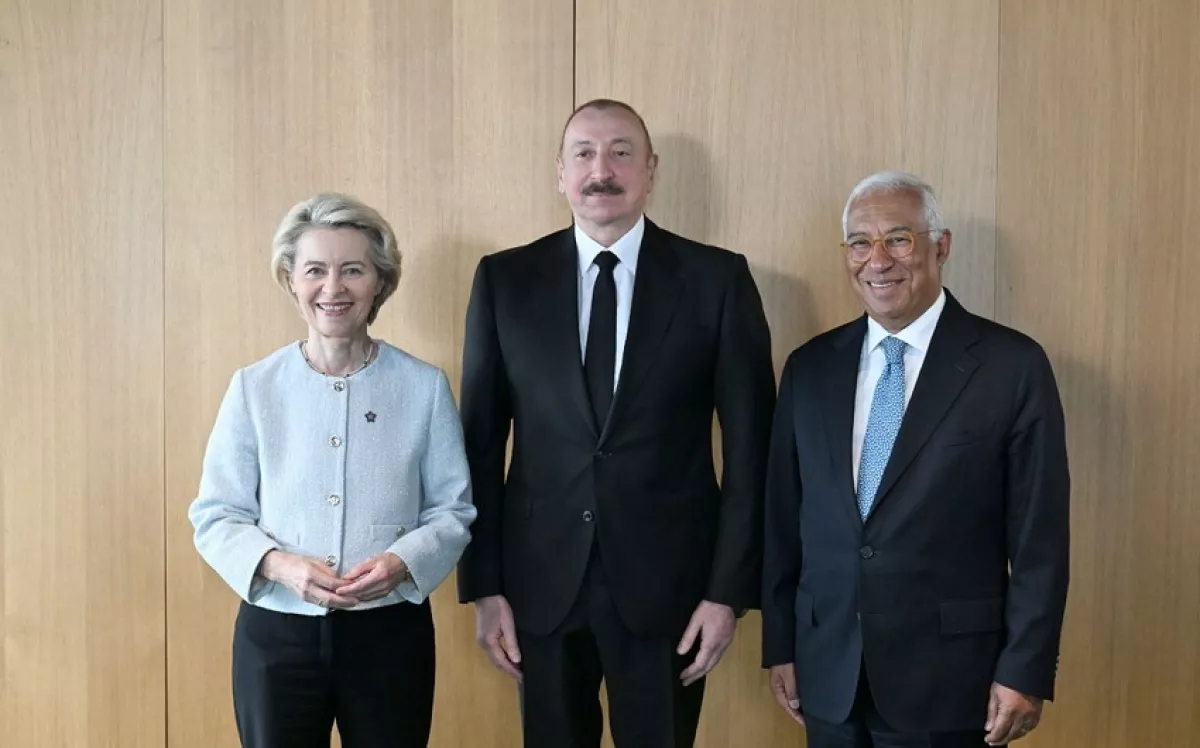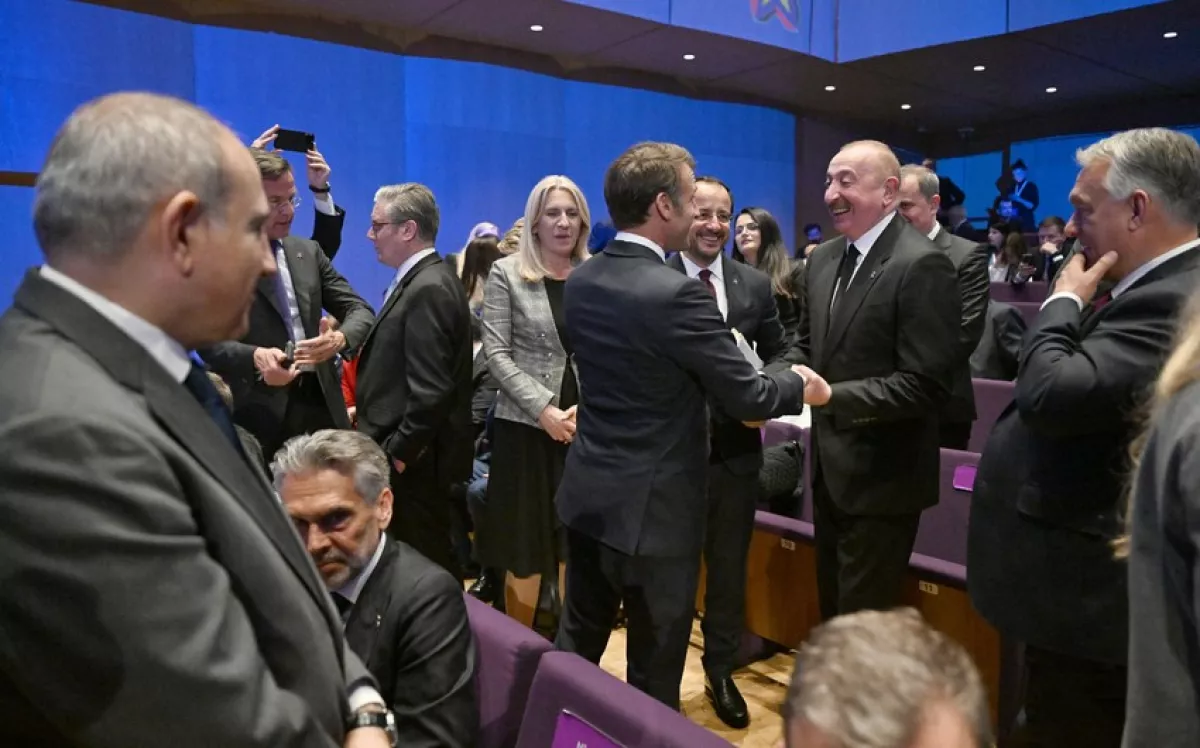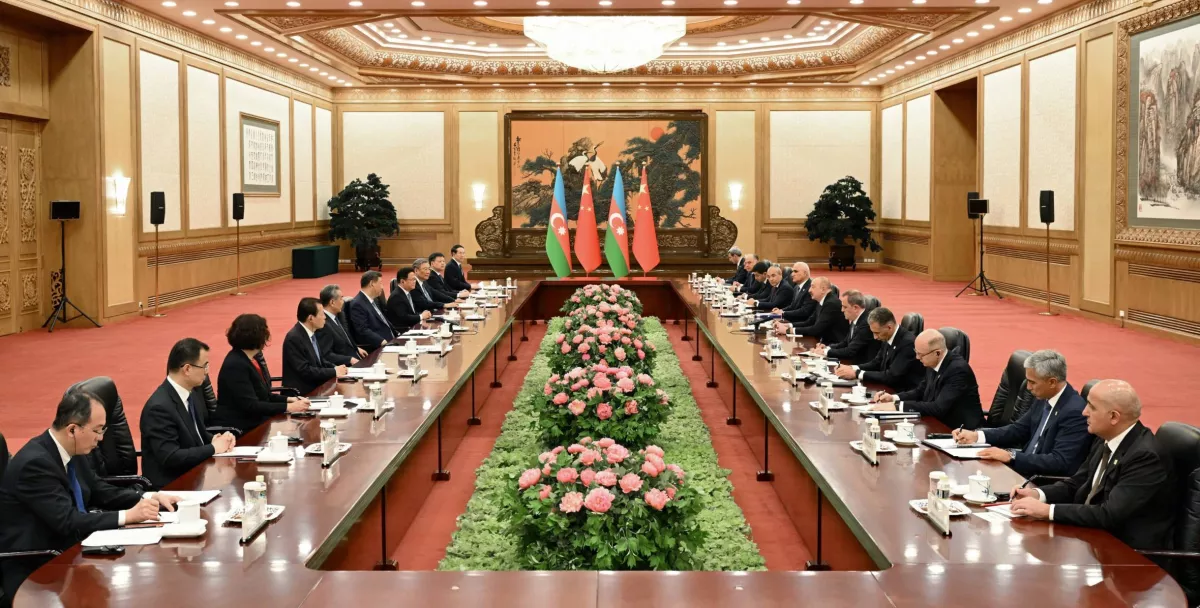Reset in Albania as recognition of Azerbaijan’s role Baku consolidates its position
On May 16, the 6th Summit of the European Political Community (EPC) was held in Tirana, Albania — an important platform strengthening dialogue between European and partner countries. The participation of Azerbaijan’s President Ilham Aliyev in this event served as clear evidence of the country’s active involvement in pan-European politics and confirmed that the Azerbaijan–EU line is one of Baku’s strategic foreign policy priorities.
Ilham Aliyev’s visit to the summit not only expanded the horizons of cooperation with European institutions but also reinforced Azerbaijan’s growing role in the fields of energy and international security. The landmark events in Tirana confirmed the serious interest and commitment of the European Union to building strong ties with Azerbaijan, despite the complicated history of relations.
Notably, until recently, relations between Azerbaijan and the EU were experiencing a downturn—largely due to the biased stance of the previous leadership in Brussels, which openly lobbied for Armenia’s interests. Resolutions of the European Parliament, accusations from PACE and the European Court of Human Rights, speeches filled with partisan rhetoric—all of this demonstrated a distorted approach toward Azerbaijan.
On March 12, 2025, the European Parliament held a discussion about the so-called Armenian “ individuals unlawfully detained in Azerbaijan,” and the following day adopted a provocative resolution demanding their immediate release. Some in Europe even went as far as proposing to suspend the energy memorandum with Baku, citing international obligations, while ignoring that Armenia systematically violated the Geneva Conventions and the European Convention on Human Rights.
The EU initiative to provide Armenia with assistance through the European Peace Facility (EPF)—a tool intended to prevent conflicts—also became dangerous for the already fragile peace in the region, effectively turning into a source of tension in the South Caucasus.

Nevertheless, thanks to Azerbaijan’s consistent and determined stance, the situation changed. An example of this was the visit of the European Union’s High Representative for Foreign Affairs and Security Policy, Kaja Kallas, to Azerbaijan in April 2025 — the first visit by the head of European diplomacy in nine years. Kallas confirmed the EU’s interest in expanding cooperation with Azerbaijan, highlighting its important role in ensuring Europe’s energy security.
The reaction from Armenia supporters was intense. At the initiative of the Armenian lobby in the European Parliament, a large-scale anti-Azerbaijani campaign was launched, during which Kallas herself faced sharp criticism. However, this had no impact on the course of the negotiations and did not alter Kallas’s positive attitude.

In Tirana, a meeting took place between President Ilham Aliyev and the President of the European Council, António Costa, as well as the President of the European Commission, Ursula von der Leyen. The European leaders highly praised Azerbaijan’s contribution to energy security and emphasised the importance of Baku’s ties with Central Asia and the country’s role in implementing the Middle Corridor project. Other important issues were also discussed during the meeting: the agreement between Azerbaijan, Kazakhstan, and Uzbekistan on the transfer of renewable energy resources across the Caspian Sea, and the laying of a cable along the Black Sea seabed for energy export—initiatives that expand regional cooperation and open new energy routes.
Today, Azerbaijan supplies gas to 12 countries, 10 of which are European, and 8 are EU member states. This underscores Azerbaijan’s status as one of the key suppliers of blue fuel and a reliable partner in the EU’s energy policy.

Another significant political signal was the episode of President Ilham Aliyev’s meeting with Emmanuel Macron in Tirana. The conversation was initiated by the French president, which may be seen as a sign of Paris’s readiness to reset relations with Baku.

Alongside its relations with Europe, Azerbaijan is successfully building strategic ties with China, the countries of Central Asia, and the Middle East. On April 23, 2025, Ilham Aliyev paid a state visit to China at the invitation of Chinese President Xi Jinping — a visit that significantly strengthened bilateral relations.
In addition, in March 2025, Azerbaijan officially joined the D-8 Organisation, submitting its ratified documents to the Secretariat in Istanbul.
The 6th EPC Summit clearly confirmed that Azerbaijan is a reliable partner of the European Union. Relations between the EU and Azerbaijan have entered a phase of constructive, pragmatic dialogue, with both sides interested in implementing mutually beneficial projects. Azerbaijan’s geopolitical significance as a middle power is recognised not only in Europe but also in Asia.
Azerbaijan demonstrates that it can serve as a platform connecting East and West, as well as an initiator of sustainable solutions to global challenges in energy, logistics, and security.
It is precisely the well-considered foreign policy strategy of President Ilham Aliyev, his strong will, and consistent defence of national interests that have elevated Azerbaijan to such a high level of international recognition and trust.








